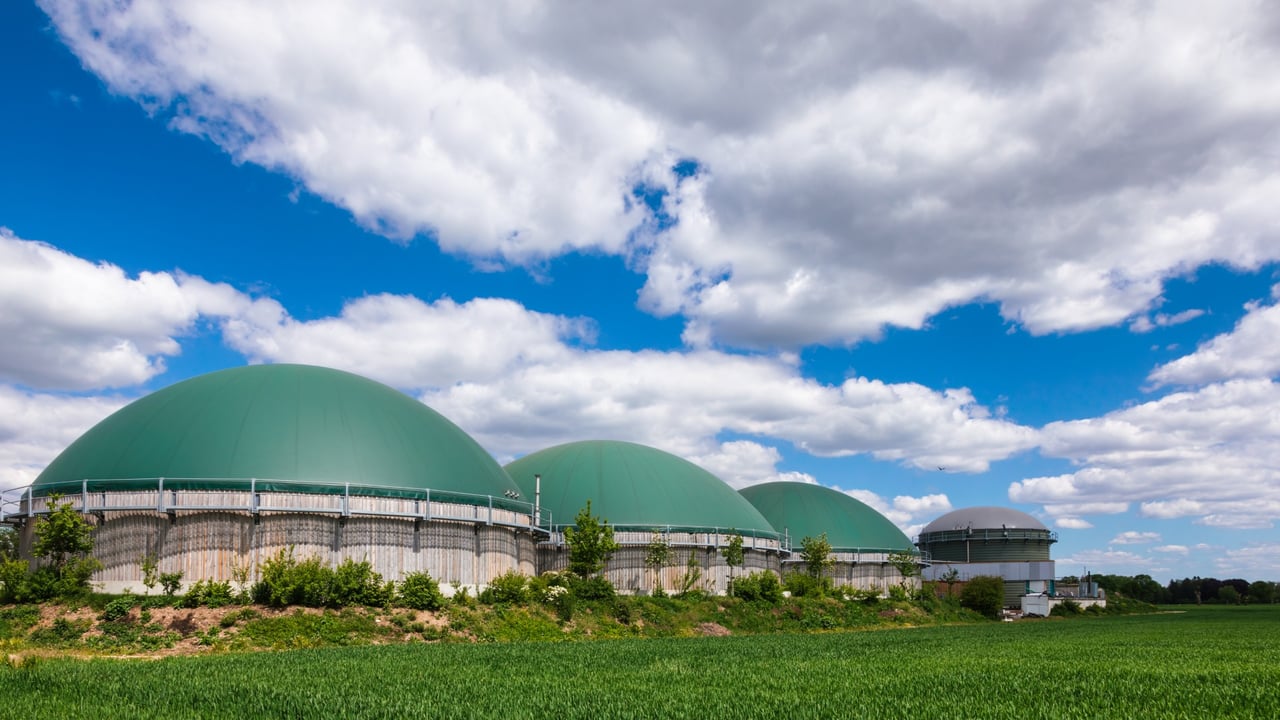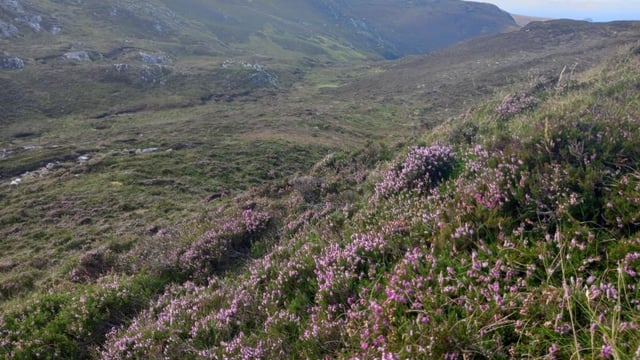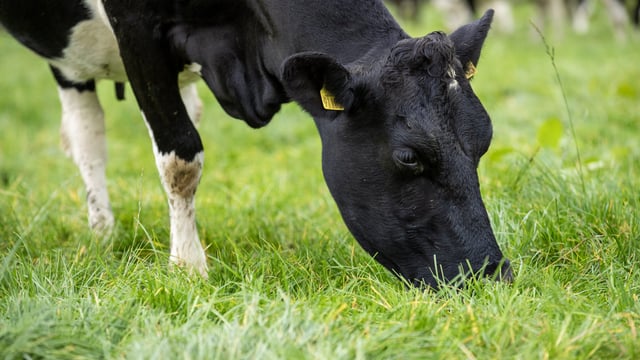Renewable sector welcomes biomethane plan but calls for certainty
Key stakeholders in the gas and renewable energy sector have welcomed the publication of the National Biomethane Strategy, but have called for "further market certainty" to attract investment.
The Irish Bioenergy Association (IrBEA) called on the government to provide necessary conditions to attract investment and ensure the long-term viability and financial sustainability of a biomethane and anaerobic digestion (AD) sector.
Seán Finan, the CEO of IrBEA said: "The initial feedback from members on the strategy is that further market certainty will be required to attract investment and to make projects fundable and viable.
"While capital grant and the Renewable Heat Obligation (RHO) are outlined as mechanisms to stimulate a market for biomethane, further details and long-term certainty will be required on these measures to encourage investment."
According to Finan, IrBEA favoured an ongoing support mechanism rather than capital grants - which may drive up development costs - and is disappointed that such a mechanism was not considered.
"Ongoing operational support has been the funding mechanism of choice used in many developing and established European biomethane markets... Given the cost of feedstock and ongoing feeding requirements of a biomethane system, the fundamental question of AD plant economic viability exists," Finan said.
The IrBEA CEO said that a capital grant alone or with the RHO "will not eliminate this viability challenge".
According to IrBEA, it is not possible to determine if the RHO will be an adequate market stimulant until its details are known, which is not set to be until later in the year.
"We welcome the commitment to introduce the RHO. The RHO introduction has been talked about for years. Why the delay? Why are the main design components not included in the biomethane strategy to give the market confidence that it can deliver?"
Finan said that the strategy "correctly" identifies that one of the by-products of AD is digestate, which can be an alternative to chemical fertiliser.
However, Finan also said that the strategy does not address the regulatory challenge posed by the Nitrates Directive limits on nitrogen in replacing inorganic fertiliser with organic digestate.
While IrBEA raised some concerns but broadly welcomed the strategy, other sectoral reactions were somewhat more positive, with the Renewable Gas Forum Ireland (RGFI) saying the €40 million in capital funding and the RHO will "provide much needed certainty for RGFI members".
PJ McCarthy, the CEO of the RGFI, said: "The initial €40 million being provided in capital grants will kick start the development of circa 10 40GWh (gigawatt-hours) plants in the next 18 months. While a modest beginning, this is a crucial first step.
"We look forward to working through the detail with government on behalf of our members," McCarthy added.
However, the RGFI is calling for the RHO, as well as further capital funding in Budget 2025, to be sufficient to fund up to 130 "median-sized" biomethane production units.
"This is a phased approach to the creation of a biomethane industry in Ireland. The benefits, as acknowledged in the strategy, go beyond energy and decarbonisation," McCarthy said.
"The demand for agri-based feedstocks will generate additional income streams for farmers, as well as providing on-farm sustainability and water quality benefits."
However, the RGFI said it was disappointed that the strategy does not provide a standardised approach to planning and licencing.
Meanwhile, Gas Networks Ireland said that the strategy is "welcome news for current and prospective producers", and is an important milestone, "as it gives producers and investors guidance on future commitments and targets".
Cathal Marley, CEO of Gas Networks Ireland, said: "The announcement gives a blueprint going forward and means that prospective producers know the government is committed to ensuring the industry grows and develops swiftly.
"It could make a tangible impact in reducing Ireland's carbon emissions, if it can scale up at pace."
The CEO said that Gas Networks Ireland already injects biomethane into the national gas network and has agreements in place to connect more AD plants.
Gas Networks Ireland is also currently progressing a central grid injection (CGI) facility in Mitchelstown in Co. Cork, which will have the potential to inject 700GWh of renewable gas into the the network per annum.





